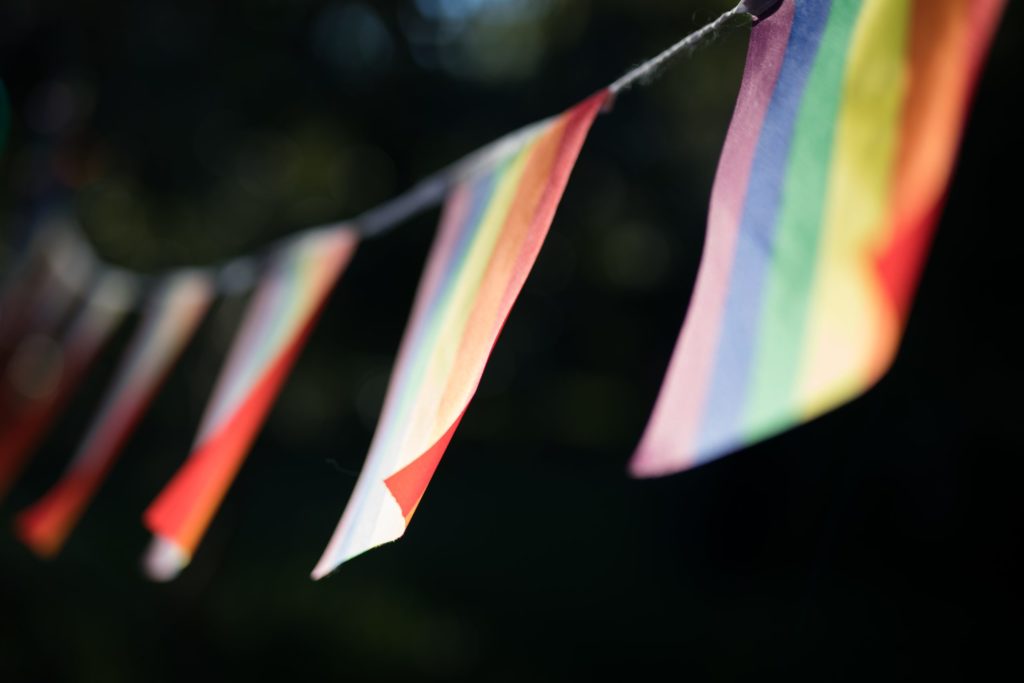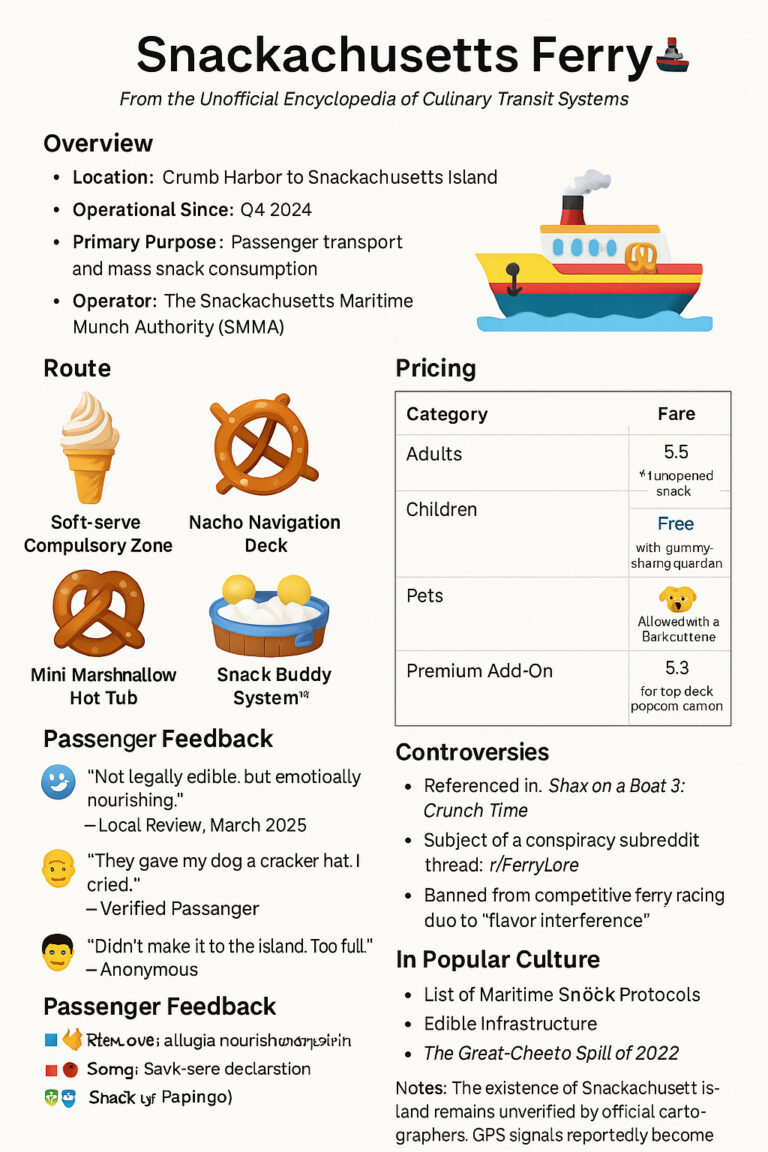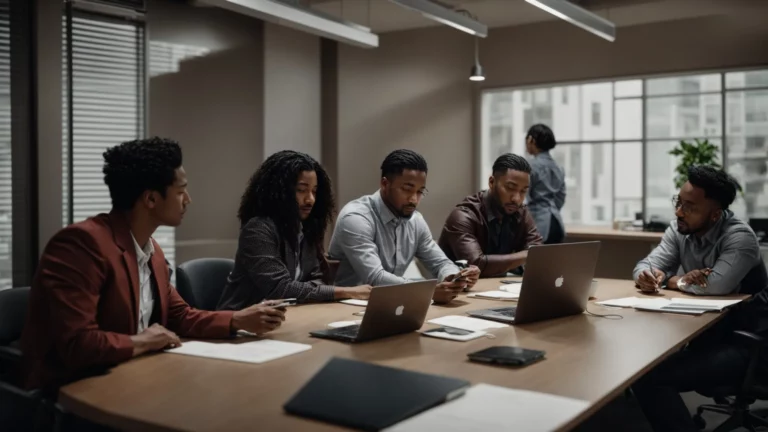The acronym “LGBTQ+” stands for lesbian, gay, bisexual, transgender, and queer or questioning. Being a part of the LGBTQ+ community is something to celebrate. It is a source of strength and resilience in the face of discrimination and exclusion. The LGBTQ+ community is diverse and multi-faceted and includes people of all ages, races, religions, and nationalities.
However, people who identify as LGBTQ+ often face discrimination and exclusion from the mainstream world. This is especially true for transgender and gender-nonconforming individuals, who often suffer from higher levels of violence, poverty, and unemployment. There are a number of ways to deal with discrimination as an LGBTQIA+ person. The most important thing is to not let discrimination defeat you. You can stand up for yourself and fight back against discrimination, or you can try to ignore it and move on. Keep reading to learn more about how to deal with discrimination as an LGBTQIA+ person.
Seek Professional Help
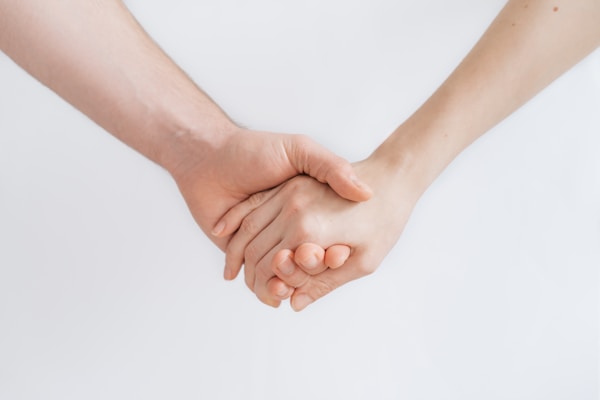
Discrimination and harassment can take many different forms and can be extremely harmful to LGBTQIA+ people. If you experience discrimination or harassment on a regular basis, it is important to seek professional help. This can help you deal with the emotional effects of the discrimination and may also provide legal assistance if necessary. You may also want to consider talking to a therapist or counselor who specializes in working with LGBTQIA+ clients. Some of the things that LGBTQIA+ counseling can help with include:
- Feeling safe and accepted in counseling sessions
- Working through feelings of shame or guilt about being LGBTQIA+
- Processing experiences of discrimination or violence Managing stress and anxiety related to being LGBTQIA+
- Developing coping skills for dealing with homophobia, transphobia, and other forms of bigotry
- Addressing any mental health concerns that may be specific to LGBTQIA+ people
Look for Allies
Finding allies who can support you through discrimination can be incredibly important. It can be difficult to cope with discrimination on your own and having someone to talk to who understands what you’re going through can be a great help. There are a number of different ways that you can find allies who can support you.
One way is to look for LGBTQ+ groups in your area. These groups often have a lot of members who are happy to offer support to others who are experiencing discrimination. Another great way to find allies is to join online forums or social media groups that are specifically for LGBTQ+ people. This can be a great way to connect with people who understand what you’re going through, and who can offer advice and support. Finally, you can also ask friends and family members to be your allies. These people may not be LGBTQ+, but they can still offer support. It’s important to choose friends and family members who you know will be supportive and who will be there for you when you need them.
Get Involved in LGBTQIA+ Activism or Advocacy Work
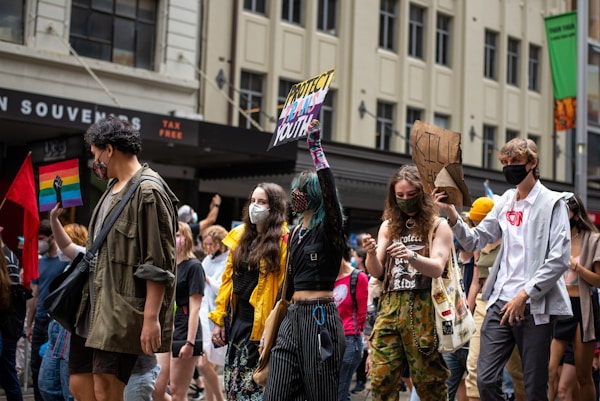
There are many different ways to get involved in activism. You can attend protests and rallies, write letters to your political representatives, and speak out against discrimination on social media. You can also support LGBTQIA+ organizations and charities and participate in events and activities that raise awareness about LGBTQIA+ issues. Getting involved in activism can be really empowering, and it can help you to feel more connected to the LGBTQIA+ community. It can also be a great way to meet new people and make friends.
Discrimination against LGBTQIA+ persons is still rampant and can have a devastating impact on mental health. However, there are things that can be done to deal with discrimination. Overall, it is important to be aware of the discrimination that exists and have strategies to deal with it.

